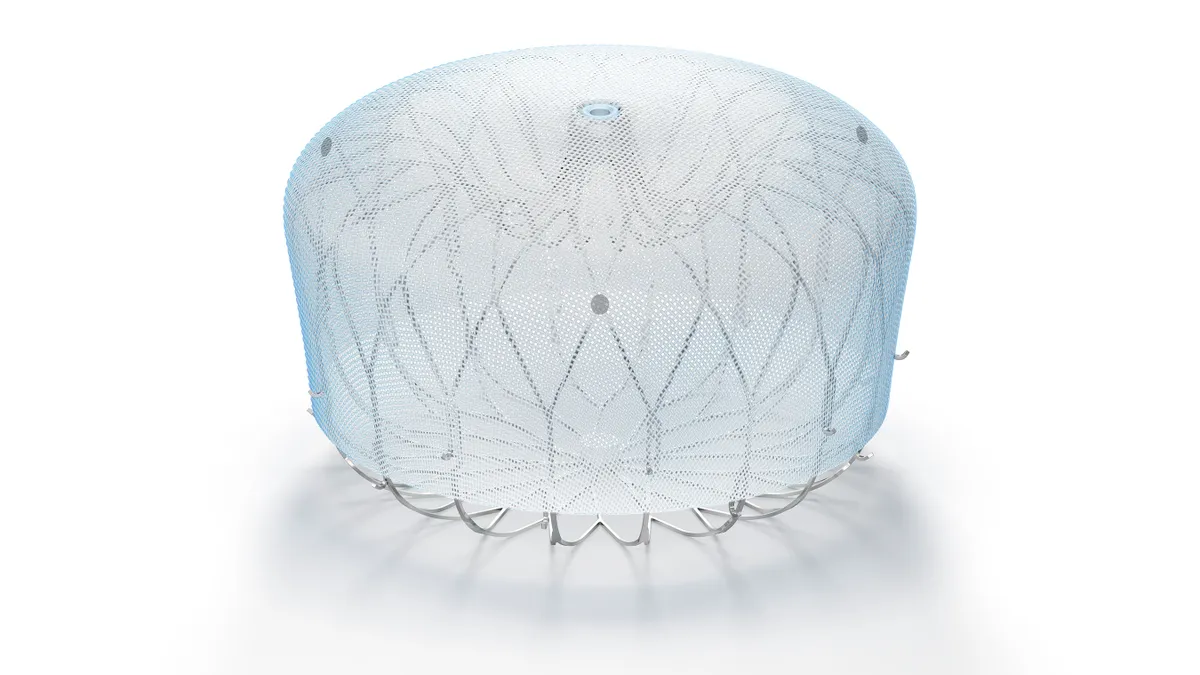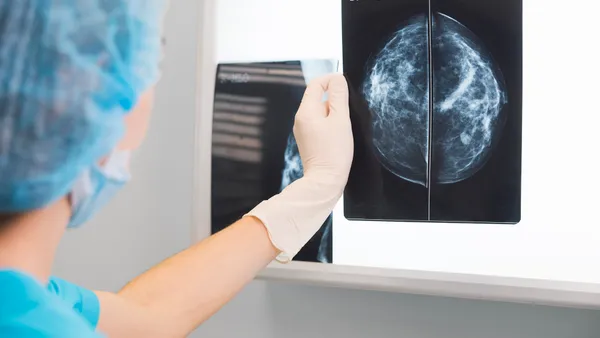Dive Brief:
- Congress included a one-year delay to Medicare reimbursement cuts for clinical laboratory services in the short-term funding bill passed this week, granting a reprieve in targeted payment reductions of up to 15%.
- The stopgap bill to keep the government open, passed by the House on Tuesday and the Senate on Wednesday, provides a one-year reprieve from Medicare cuts that would have gone into effect in January for about 800 laboratory services.
- The American Clinical Laboratory Association (ACLA), a trade group whose members include Labcorp and Quest Diagnostics, called the delay “critically needed” to preserve patient access to many of the most commonly ordered lab tests.
Dive Insight:
ACLA has long fought implementation of the Protecting Access to Medicare Act (PAMA) of 2014, which sets laboratory payment rates according to market data reported by industry.
“Resumption of year-over-year cuts would threaten patient access to quality clinical laboratory services, reduce investment in innovation for the next generation of diagnostics, and weaken the nation’s clinical laboratory infrastructure,” ACLA President Susan Van Meter said Thursday in a statement.
The group said it remains focused on gaining passage of the Saving Access to Laboratory Services Act (SALSA), which would mitigate pending Medicare payment reductions.
ACLA contends that PAMA relies on a narrow and unrepresentative data sample to set Medicare reimbursement rates for hundreds of common laboratory tests. Since PAMA was enacted, there have been three rounds of payment cuts of up to 10% that have affected 72% of tests on Medicare’s Clinical Laboratory Fee Schedule, according to the trade association.
The proposed SALSA legislation would update Medicare’s payment system for laboratory services to make it “predictable and sustainable,” supporting the range of tests that patients need for routine care as well as innovation in new diagnostics, according to a letter sent to Congress in May that was signed by more than 30 healthcare groups, including the American Hospital Association, American Medical Association, AdvaMedDx and ACLA.











